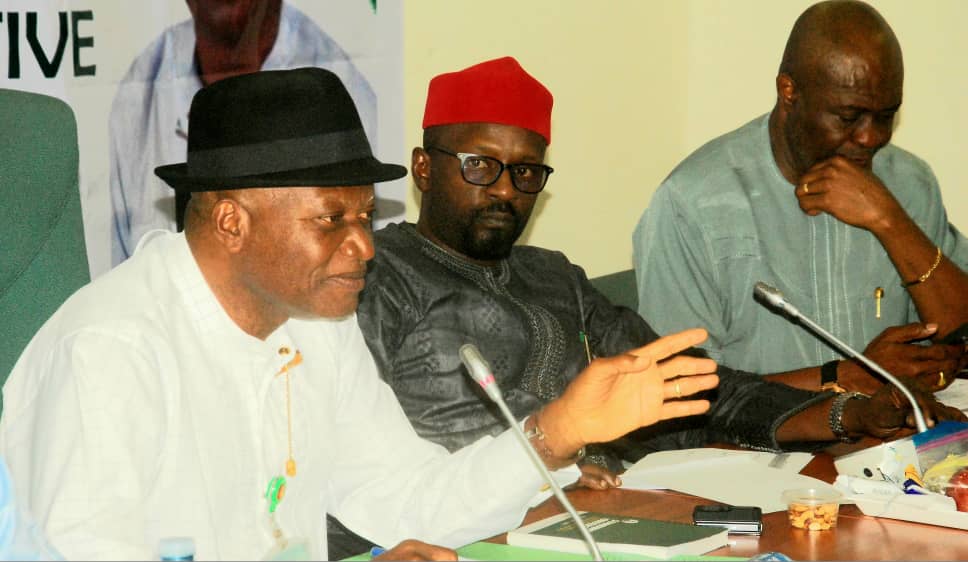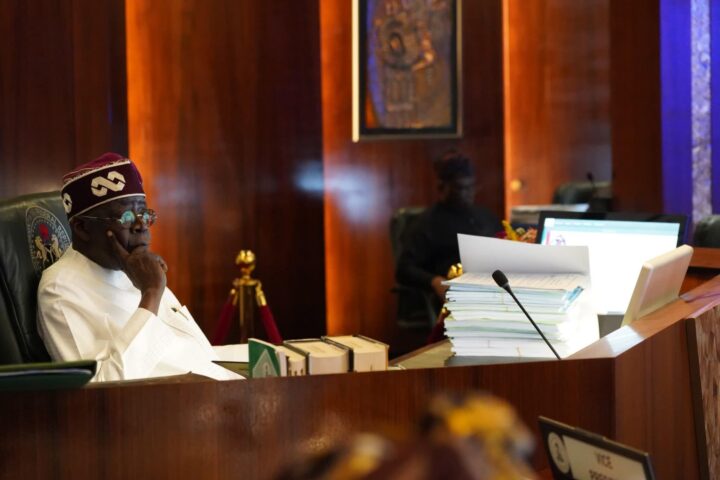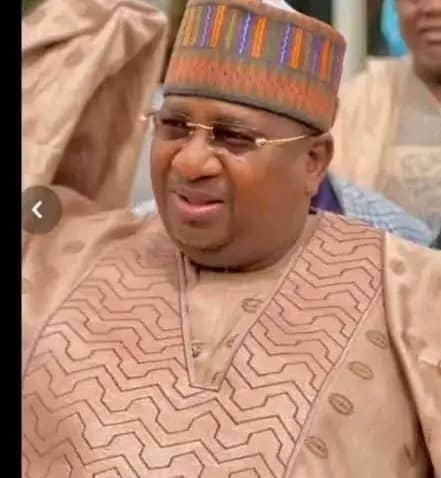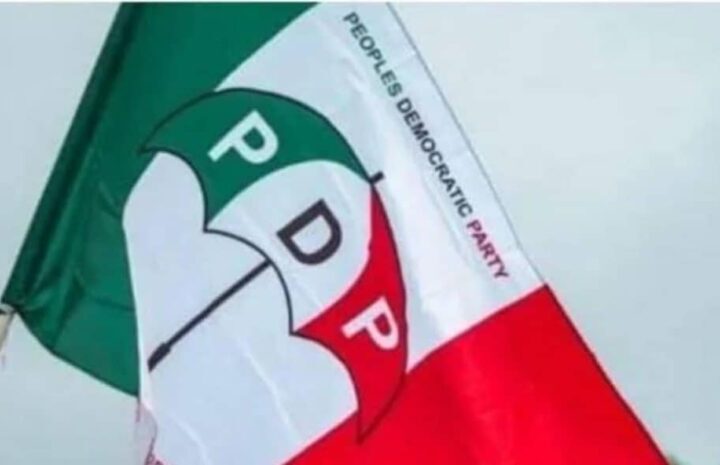The House of Representatives’ Ad-hoc Committee on the Implementation and Oversight of the Naira-for-Crude-Oil Policy has implored the Economic and Financial Crimes Commission (EFCC) to supply detailed information on crude oil seizures, sales, and disposal under its supervision.
Chairman of the committee, Emerengwa Boniface Sunday, gave the directive during the resumption of the investigative hearing on the Naira-for-Crude-Oil policy in Abuja on Wednesday.
During the session, Francis Usani, Special Adviser to the EFCC Chairman on Regulatory Compliance, disclosed that the Commission’s earlier submissions to the committee only included data on referrals received from 2003 to date, encompassing crude oil seizures handled by the EFCC.
According to him, the agency had not conducted any direct investigations specifically under the Naira-for-Crude initiative.
He said: “The purpose of this invitation was to review investigations conducted under the Naira-for-Crude policy, which took effect this year. We have not carried out any investigations directly related to this policy.
“However, since we received information through referrals, we compiled some transactions handled by the EFCC into the document submitted to you. Our submission was holistic, not limited strictly to Naira-for-Crude transactions.”
Committee members raised eyebrows about the completeness of the EFCC’s submissions.
Rep. Muhammed Bello Shehu, highlighted that the tables provided by the Commission contained empty fields for the volume and grade of crude seized.
He also queried that the EFCC had not proactively probed Naira-for-Crude transactions, stressing that the policy was designed to ease the strain on local refineries and the naira.
He said: “The documents you submitted, including payment evidence, need more clarity on how the remitted amounts to the EFCC were calculated. In the same tables, the columns for crude volume and grade show ‘nil, nil,’ yet there should be a section indicating the value of what was seized.
“This document needs a thorough review so it can stand on its own, even without your presence. As it stands, it is incomplete.”
He added that the Commission’s limited submission raised broader questions.
“It is surprising that the national anti-graft agency has not investigated the Naira-for-Crude policy, which is a major government initiative aimed at easing operations for domestic refineries and reducing pressure on the naira and dollar. Nigerians deserve transparency on this,” he said.
The EFCC representative clarified that the agency primarily handles crude oil seizures, not refined products, but assured lawmakers that they would revisit their submission to include full details, covering the quantity of crude seized, disposal rates, end users, and whether transactions were conducted in naira or dollars.
The committee chairman, had earlier reiterated that the probe was part of lawmakers’ constitutional oversight responsibilities to ensure transparency and accountability in implementing the Naira-for-crude policy.

















